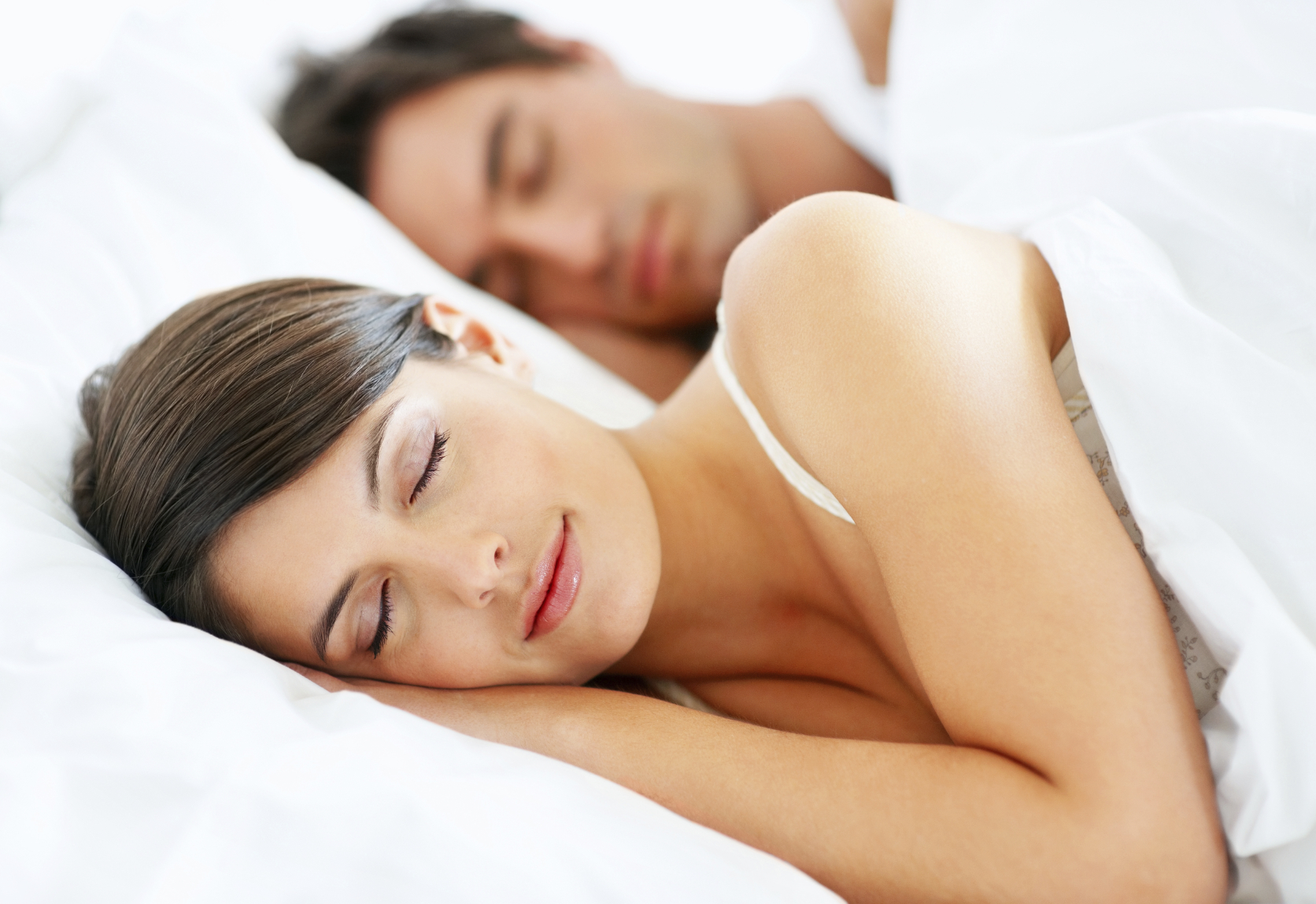A good night's sleep can mean good skin health because when you’re sleep-deprived, your body makes more of the stress hormone cortisol. Elevated levels of cortisol can lead to increased stress and inflammation in the body, hurting your skin’s quality.
But the relationship between skin health and lack of quality sleep can be a vicious cycle.
Poor sleep can lead to increased stress hormones in the body that increase the severity of inflammatory skin conditions such as acne or psoriasis. This can result in increased itching, which can disrupt sleep. As the vicious cycle continues, skin conditions and sleep quality can increasingly worsen together. In contrast, skin conditions and sleep quality can also improve together. Getting a good night's sleep will help to clear up skin, which allows sleep to improve and, in turn, will improve skin health.
Need more convincing? Here are six reasons why not getting enough sleep detracts from skin health and your health in general:
Not enough sleep worsens existing skin conditions. Increased inflammatory response shows up as increased acne breakouts, increased skin sensitivity, increased allergic contact dermatitis reactions, and increased irritant dermatitis — and more severe conditions mean more treatment and skin care.
Not enough sleep detracts from your skin's natural beauty. Increased inflammatory cells in the body lead to an increase in the breakdown of collagen and hyaluronic acid, the molecules that gives the skin its glow, bounce and translucency.
Not enough sleep makes immune-related skin problems worse. Increased inflammation in the body throws off the body's ability to regulate the immune system, which leads not only to getting sick more often, but also to flares of immune-related skin diseases such as psoriasis and eczema. Psoriasis is not just a skin disease; it's also an indicator of body inflammation.
Not enough sleep results in less beauty. While you're sleeping, the body's hydration rebalances. Skin is able to recover moisture, while excess water in general in the body is processed for removal. Not getting enough sleep results in poor water balance, leading to puffy bags under your eyes and under-eye circles, as well as dryness and more visible wrinkles.
Not enough sleep accelerates the aging process. During deep sleep, the rise in growth hormones allows damaged cells to become repaired. Without the deeper phases of sleep, this won't occur, allowing daily small breakdowns to accumulate instead of being reversed overnight. This results in more noticeable signs of aging.
Not enough sleep contributes to weight gain. Sleep also helps with weight management, which is good for your skin. Sleep also makes you feel less hungry.

